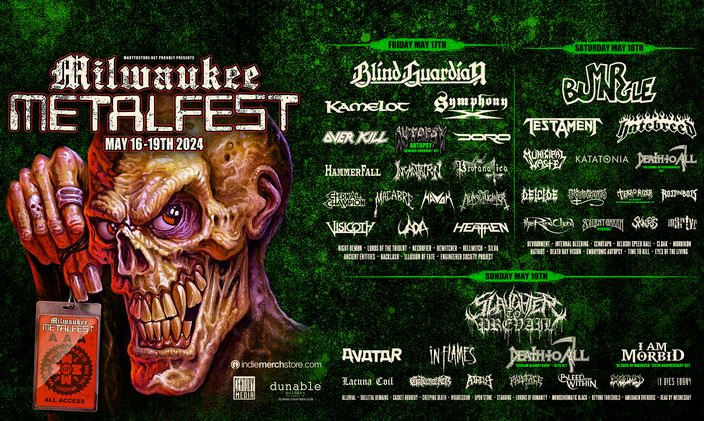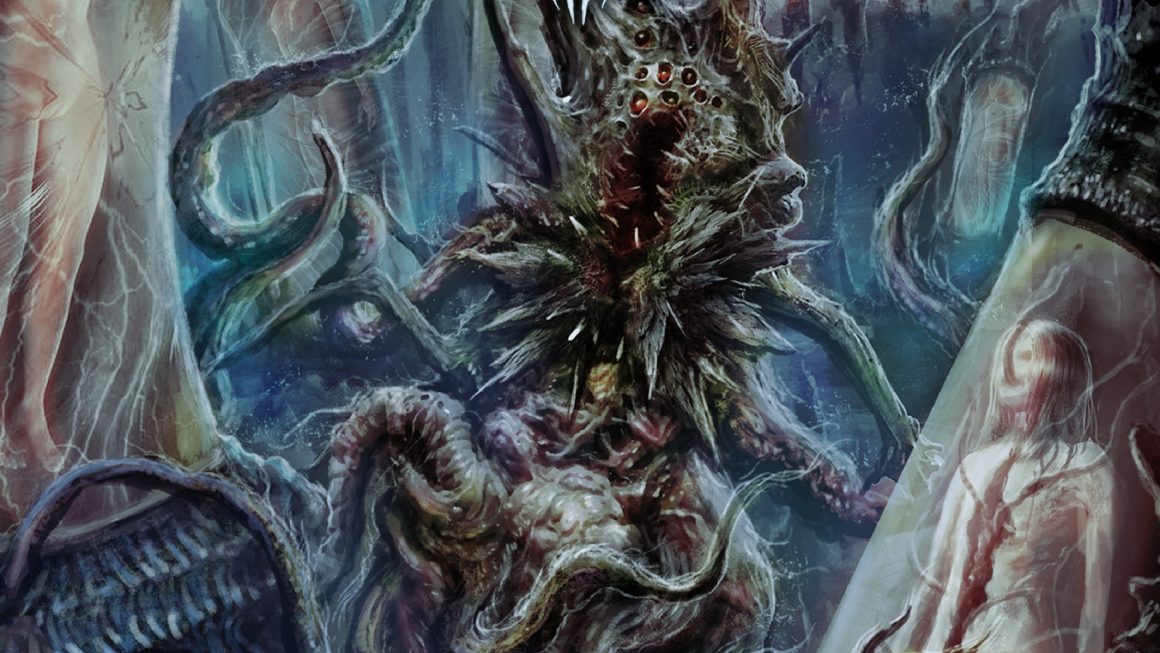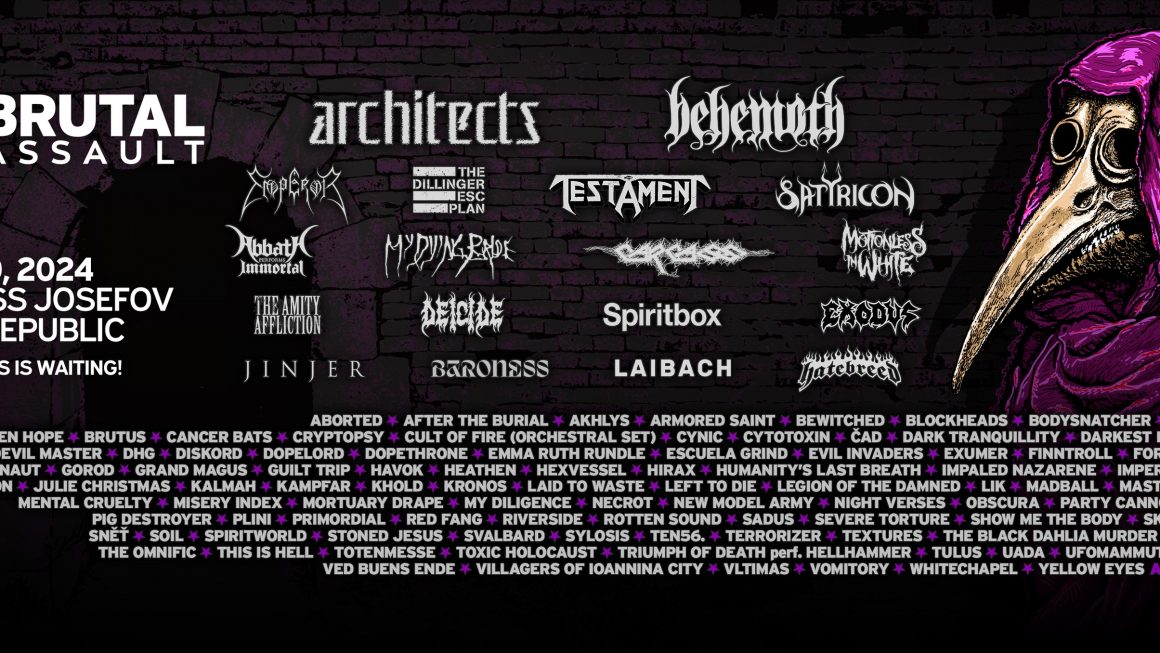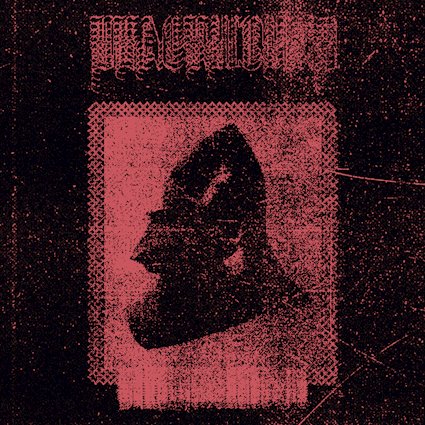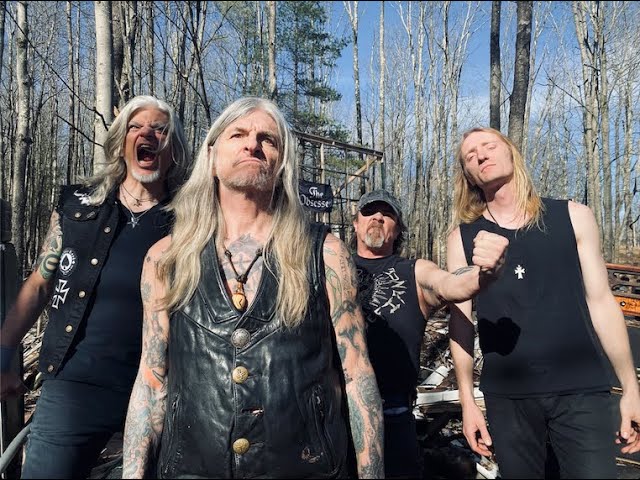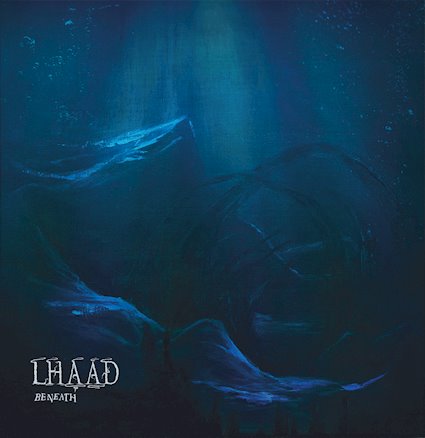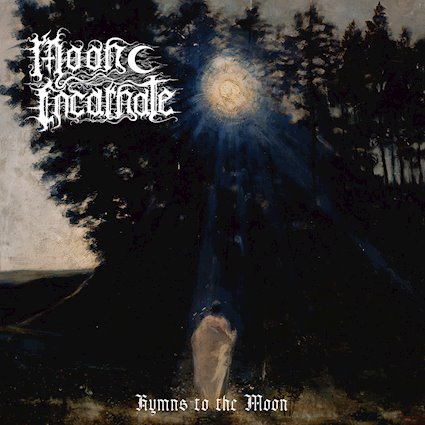According to the Norwegian newspaper Bergens Tidende, the police in Bergen, Norway have launched an investigation into recent statements made by GORGOROTH frontman Gaahl regarding a spate of church burnings that took place in Norway in the early Nineties.
In an interview that some consider to be the highlight of “Metal: A Headbanger's Journey”, the acclaimed Canadian documentary which was broadcast on Norway's Lydverket NRK 1 this past Wednesday (Jan. 24), Gaahl stated about the string of arson attacks linked to the Norwegian black metal scene, “Church burnings and all these things are, of course, things that I support 100 percent and it should have been done much more and will be done much more in the future. We have to remove every trace from what Christianity and the Semitic roots have to offer this world. Satanism is freedom for the individual to grow and to become Superman. Every man who is born to be king becomes king. Every man who is born to be a slave doesn't know Satan.” (Watch Gaahl's interview with the “Metal: A Headbanger's Journey” documentary makers at YouTube.com.)
Speaking to Bergens Tidende after “Metal: A Headbanger's Journey” aired on Norwegian TV, Gaahl reiterated his position on the church burnings, insisting that he was dead serious about what he said in the movie and that it wasn't something he stated simply for shock value.
GORGOROTH is one of the artists that have been nominated in the “Metal” category at the 35th annual Spellemann awards (the Norwegian equivalent to the Grammy Awards). The largest and oldest Norwegian music awards show will be held tonight (Saturday, January 27) at the Thalia Theater, Chateau Neuf in Oslo, Norway and will be broadcast live on the Norwegian channel TV2.
Bishop Ole D. Hagesaether of Bjoergvin Diocese told Bergens Tidende, “If these proclamations regarding church burnings are serious, then it is a grave situation. We have experienced this before.” Hagesaether also raised the question how those who are involved with the nominating committee for the Spellemann awards could avoid considering simple, basic moral issues when coming up with the final list of nominees for Norway's most prestigious music honor.
According to a posting on GORGOROTH's official web site, Gaahl was released from the Norwegian prison in December after being jailed since the spring of 2006.
Gaahl was sentenced to 14 months in prison in February 2005 for torture and committing ritual acts. It was alleged he beat his victim a man who had turned up uninvited and inebriated to an after-hours party at his house threatened to sacrifice him and gave him a cup into which to bleed. Acting as his own defense, Gaahl claimed in court that he had been attacked first and his assailant was only provided with a cup “so that he wouldn't make such a mess in my house.”
In an interview with the U.K.'s The Observer which was published in February 2005, the singer refused to discuss his version of events in detail now for fear of prejudicing the outcome of the trial, but insisted he was attacked as part of a hit organized by a man with whom he had a prior dispute.
The use of violence, according to Gaahl, is only necessary when people cross his clearly defined borders. “Everything deals with respect,” he told The Observer. “The way I think of it is that you have to punish … or teach,” he corrected himself, “anyone that crosses your borders so that they won't do it again.”
Gaahl's ethical code derives from Odinism, the pagan religion of the Vikings that predates Christianity in Norway and is also the occult philosophy that underpins black metal. Many in the scene have adopted or adapted names from Norse mythology.
“Black metal was never meant to reach an audience,” Gaahl told The Observer. “It was purely for our own satisfaction. Something entirely self-centered. The shared goal was to become the true Satan; the elite human, basically. The elite are above rules. So people did what they wanted to do. And they had a common enemy which was, of course, Christianity, socialism and everything that democracy stands for, especially this idea that every man is alike and equal to his neighbour. That, of course, is a fake.”
Gaahl's extremist outlook is undoubtedly influenced by his surroundings. He lives on a farm three hours outside of Bergen, isolated from the mass of humanity. “My family owns three mountains,” he said. 'There's not much else around there. Love of nature is a big part of black metal. It's easy to feel isolated in nature. And solitude and distance from everyone else is very important to us.”
(Extra special thanks to Roy Kristensen of www.imhotep.no for his help with the translation)






























